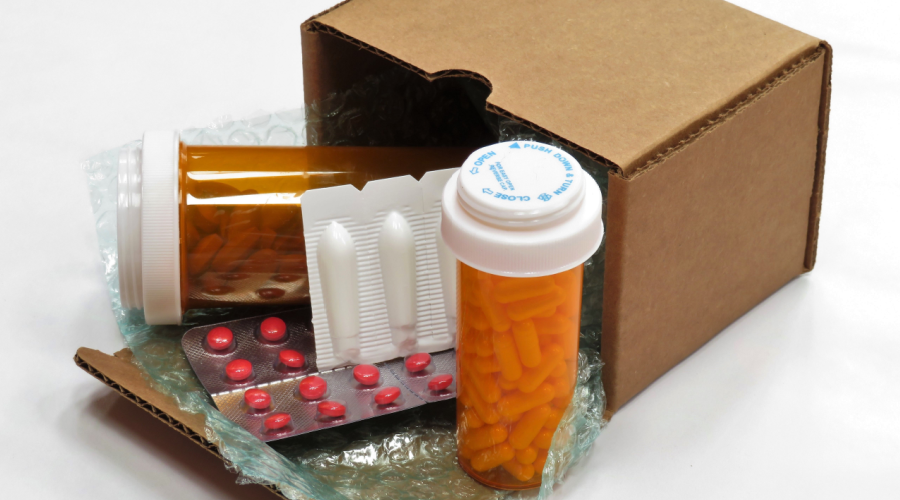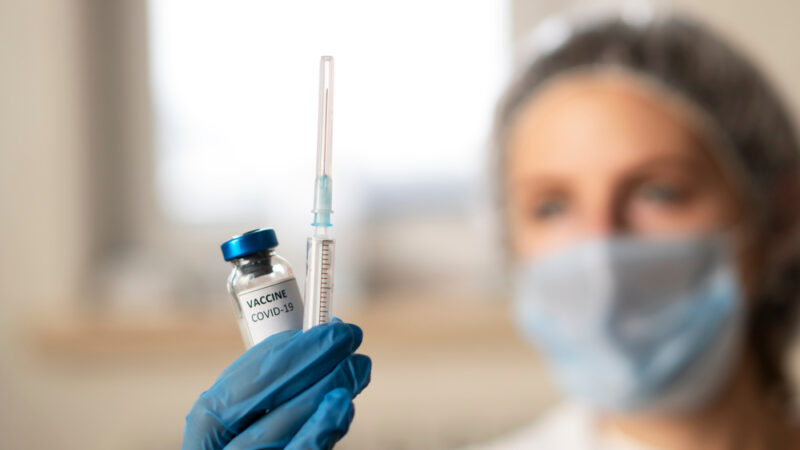You know pharmacy benefit managers (PBMs) often drive up prescription drug prices. But do your patients know the facts behind the fallacies?
A new report from the Wall Street Journal analyzed the ways mail-order pharmacies are often owned by big pharmacy benefit managers (PBMs). And they’re driving up costs for employers—when they were meant to lower these costs.
The employees of your patients have been encouraged to use mail-order pharmacies over retail or community pharmacies by the firms that manage their prescription drug benefits. These firms may pocket up to $5 per prescription, as reports have show they’re being paid by PBMs.
As a scientist, you know numbers don’t lie. The Wall Street Journal also revealed:
- “Markups were up to 35 times higher than what other pharmacies charged, according to a recent analysis of millions of prescriptions in Washington state.”
- “Branded drugs filled by mail were marked up, on average, three to six times higher than the cost of medicines dispensed by chain and grocery-store pharmacies, and roughly 35 times higher than those filled by independent pharmacies.”
- “Generic prescriptions dispensed by mail-order pharmacies were marked up, on average, more than three times higher than prescriptions filled by brick-and-mortar pharmacies.”
- “Mail-order drug sales have increased to more than $206 billion from $86 billion over the past decade, even though the number of prescriptions filled by mail has risen only 11%.”
PBMs steer their clients to their own pharmacies, then mark up medication at the expense of patients and employers. “Many PBMs, including the three largest, also own a mail-order pharmacy,” the WSJ reported. “In those cases, the PBM effectively sells a drug to itself. They can make a larger spread by marking up how much the health plan pays to the PBM. This is partly because of price markups on prescriptions filled by mail-order pharmacies–particularly those owned by the PBMs themselves.”
How do they get by with it?
The lack of transparency about the practices of PBMs is hopefully coming to an end, with state and federal legislators beginning to get involved. According to the report, “Many businesses can’t see the spread because most PBMs don’t tell them–even when they ask–how much they reimburse pharmacies. That prevents employers from determining why they’re spending more on drugs and how they can fight it.”
You can help
Get involved. Communicate, communicate, communicate. Make sure your patients, neighbors, co-workers, and other community leaders understand what is going on. Tell your patients to tell their employers. And get your state and federal legislators involved. Be clear how these deceptive business practices are hurting your patients and communities. Knowledge—and communication—is powerful.
A Member-Owned Company Serving Independent Pharmacies
PBA Health is dedicated to helping independent pharmacies reach their full potential on the buy-side of their business. Founded and run by pharmacists, PBA Health serves independent pharmacies with group purchasing services, wholesaler contract negotiations, proprietary purchasing tools, and more.
An HDA member, PBA Health operates its own NABP-accredited warehouse with more than 6,000 SKUs, including brands, generics, narcotics CII-CV, cold-storage products, and over-the-counter (OTC) products — offering the lowest prices in the secondary market.












